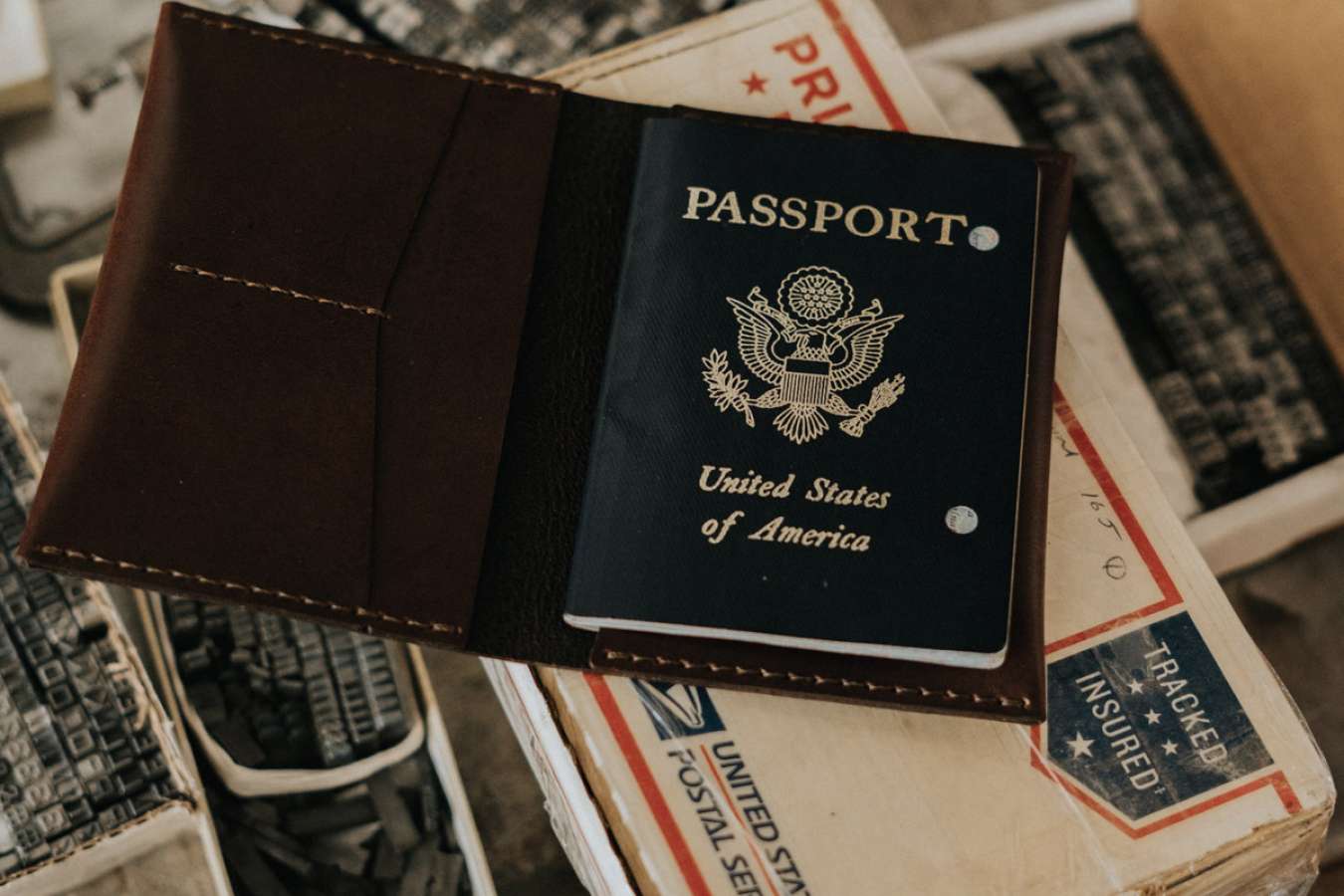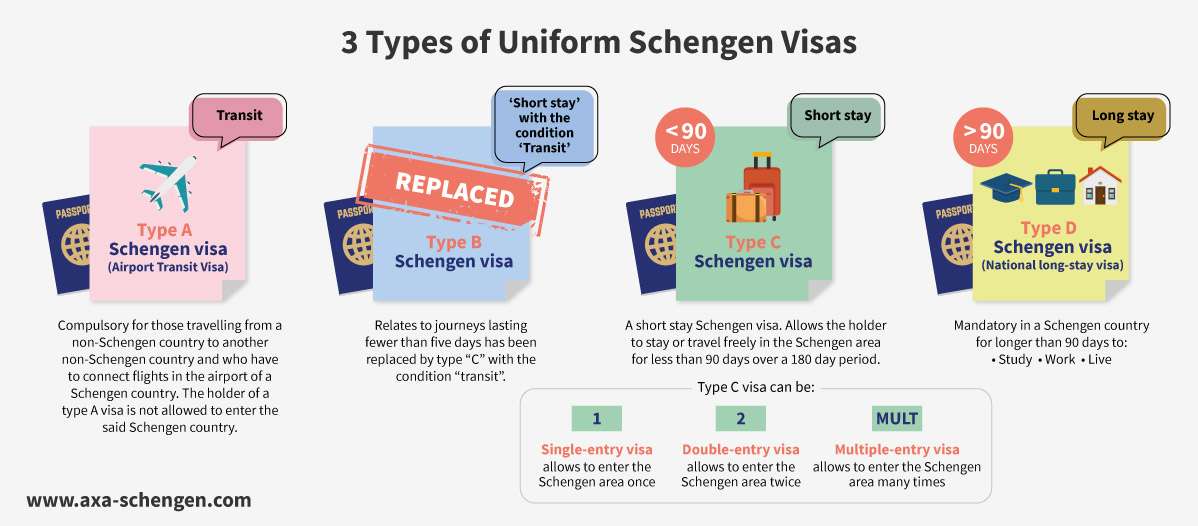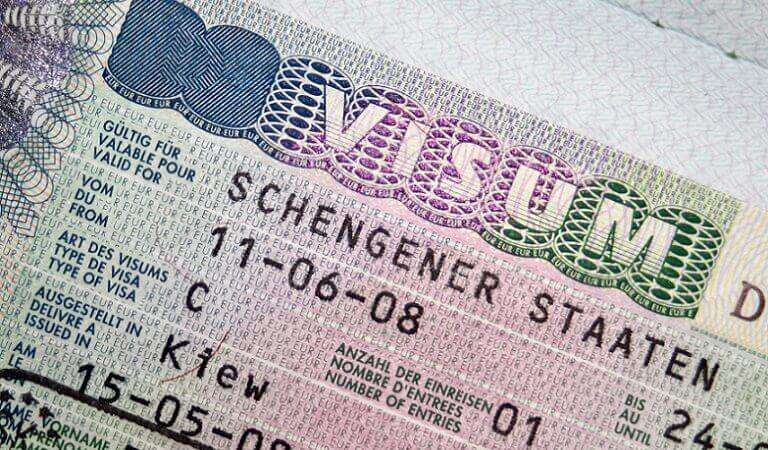In this article, we will look at four common reasons for visa refusal, including misrepresentation, lack of biometrics, and money. We will also discuss the appeal process. We will cover the reasons we are refused. Fortunately, most of the reasons we are denied are easy to overcome. These reasons include lack of money, lack of biometrics, and travel history. In some cases, you may be able to submit additional or clarifying information to help you win the case.
Misrepresentation
If you have been refused a Canada visa because of misrepresentation, you must act quickly. Misrepresentation charges can result in your visa application being refused, your legal status being revoked, or your application being rejected entirely. While misrepresentation can be a frustrating ordeal, it is not impossible to overcome. By following these steps, you can protect your rights and fight back against your application’s denial.
The Federal Court has weighed in on the issue of misrepresentation in visa refusals. In a recent case involving the federal government and a US visa application, the Federal Court ruled that a visa officer can consider whether or not a lie arose from the principal applicant’s prior application. In this case, the applicant was barred from applying to Canada for five years due to his US visa refusal. He had children in Canada, so the refusal was a legitimate concern for him.
Lack of biometrics
If your Canada Visa application was rejected for lack of biometrics, you may have a number of options for appealing the decision. First, you may wish to speak with an immigration lawyer about your case. An immigration lawyer can help you prepare a compelling response to the Canadian government. You must remember that visa officers will not be able to look at your biometrics without knowing your specific reason for refusal.
Another example of a biometrics refusal is the rejection of 11 Mexicans seeking temporary work visas to Eastern Canada. Some of them had previously been denied a visa in the U.S., and their biometrics showed this. Several more Mexican workers were delayed pending their decision. The rejection letters state that the workers were denied because they were not honest on their application forms. One worker had been rejected 13 years ago for failing to disclose a failed U.S. visa.
Lack of money
The most common reason for a Canada Visa refusal is lack of money. Without a strong connection to the country of residence, the Canadian government may look for financial evidence to confirm your ability to support yourself. In order to get past this obstacle, you should make sure to print out a bank statement before your trip and carry it with you. If you do not have a bank account in your country, be prepared to access online banking from your smartphone while abroad.
If you have little or no money, you should make sure you can prove your financial stability by submitting six months of bank statements to the Canadian government. If your financial situation is suspect, you should review your financial documents closely and make sure they answer the questions of the visa officer. You should also submit additional financial documents to address any concerns raised by the visa officer. Once you’ve addressed these concerns, your visa application should be granted.
Travel history
Travel history is an important part of applying for a Canada visa. Without it, the visa officer might question your motivation for visiting the country, even if it’s legal. Although a lack of international travel doesn’t automatically make you ineligible for Canada, an officer might have some legitimate concerns. If this is the case, work on improving other sections of your application to make your application more compelling. While building an international travel history is ideal for Schengen countries and the USA, nearly any kind of international travel is better than no travel at all.
Besides a strong personal history, applicants must provide a detailed educational and employment history. This can help determine whether or not your application is strong enough. If you do not have much travel history, include it anyway. You should include short vacations, periods of unemployment, and higher education. Just make sure the dates line up with your other travel history. If your travel history is extensive, the IRCC may not object to it.




